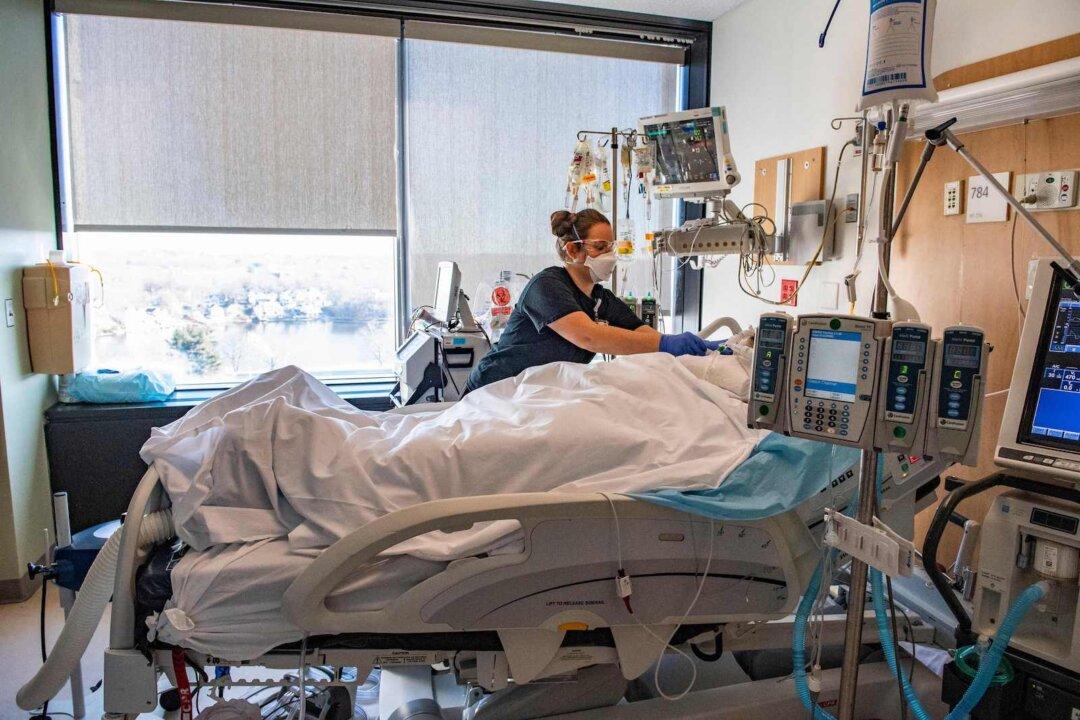The Supreme Court of California dismissed a lawsuit arguing that hospitals not showing certain costs for emergency care prior to treatment violates state laws, ruling that the institutions are not obligated to disclose such fees.
The ruling was made in a class action lawsuit filed by plaintiff Taylor Capito against San Jose Healthcare System, also known as Regional Medical Center San Jose. In 2019, Capito was treated twice at the medical center’s emergency department and paid more than $41,000. Capito filed a complaint against the medical center in 2020, accusing it of not providing advance notice of evaluation and management services (EMS) fees.





